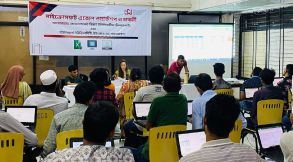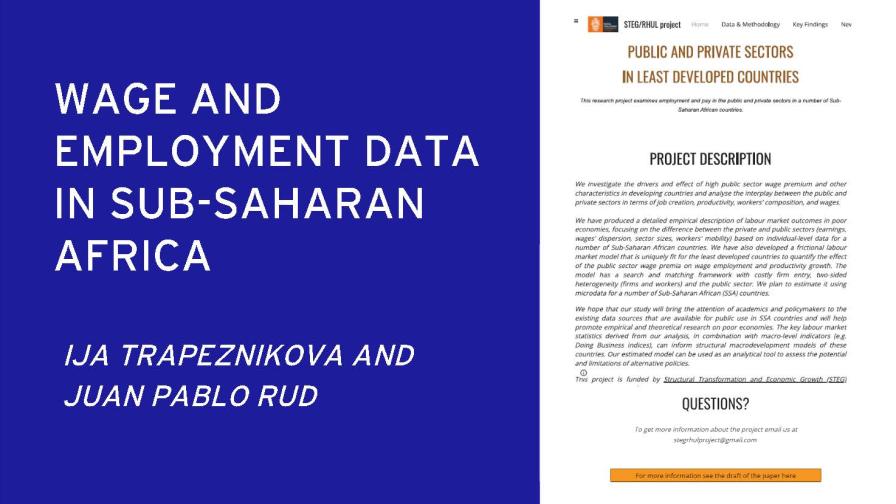Labour force participation (LFP) is lower for women than for men nearly everywhere. This is particularly true in India, where the LFP rate was 20.3% for women and 76% for men in 2020 (ILO). Even in the cross-country U-shape of Female LFP (FLFP) and income per capita, India is a major outlier (Fletcher et al., 2019). FLFP has stagnated and even declined in recent years, and Covid-19 has likely exacerbated this trend (Deshpande 2020). Many constraints on female labour force participation tie women to the home and household responsibility. In this RCT with approximately 1,500 households in Kolkata, the author tests an array of job opportunities which toggle on and off the ability to mix paid work with household responsibilities. First, they measure to what degree common attributes of work which inflexible -- for example, fixed work shifts -- are binding on the extensive margin of labour supply. Second, they test whether these job opportunities, which offer paid work which caters to current household expectations on the women’s time use ("employment at the right level") -- could act as a stepping stone to full-time or outside-the-home employment.
The evaluation consists of an RCT in Kolkata, West Bengal with approximately 1,500 households. Participating households will be randomly assigned into job treatment groups and a control group. The smartphone-based jobs consist of contributing to a Bengali dataset by speaking aloud provided sentences. The job treatment groups vary across three dimensions: 1) ability to choose work location, 2) ability to choose work hours, and 3) ability to multitask with childcare. First, the author offers jobs and measures the difference in job acceptance for each job variation. Second, they return to a random subset of participants who were originally offered inflexible work arrangements, and offer them the option to switch to the most flexible job. Third, the author implements the month-long jobs. Lastly, at the end of the short-term job, the author provides application assistance to further training and work and measure take up as a primary outcome.
The findings from this study may apply to women’s employment in South Asia, beyond India, and to labour force inclusion of other marginalized groups. The study aims to identify whether a short-term, at-home intervention could have long-lasting consequences on the ability of the study participant to enter paid employment more easily than was previously possible, facilitated by technology which is increasingly available but used for other purposes. The findings of this study are relevant to women in other contexts, such as those who have taken time off from full employment for childcare and would like to return to the labour force, as well as to other people with limited physical mobility for other reasons (e.g. people with disabilities).




















































